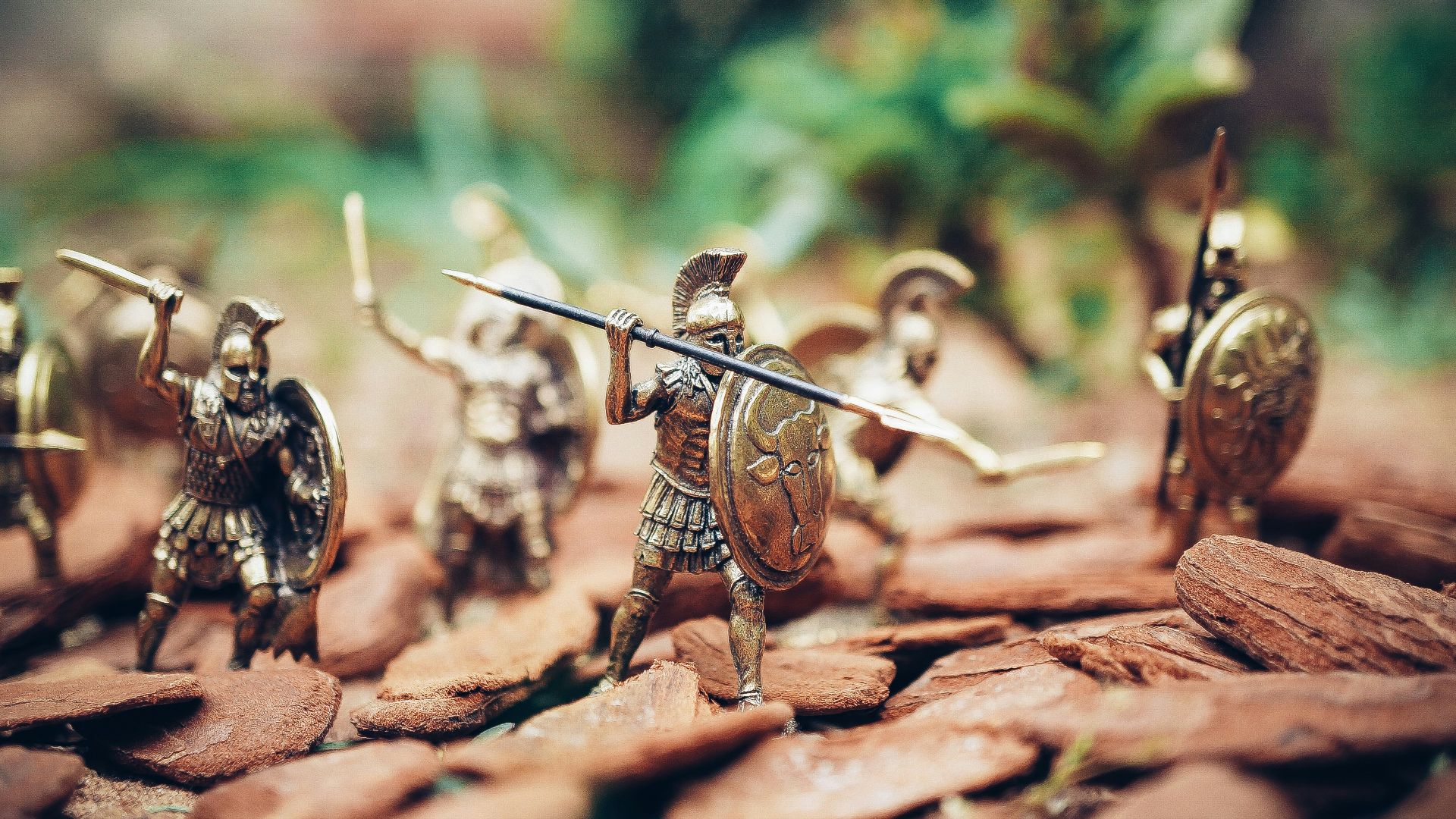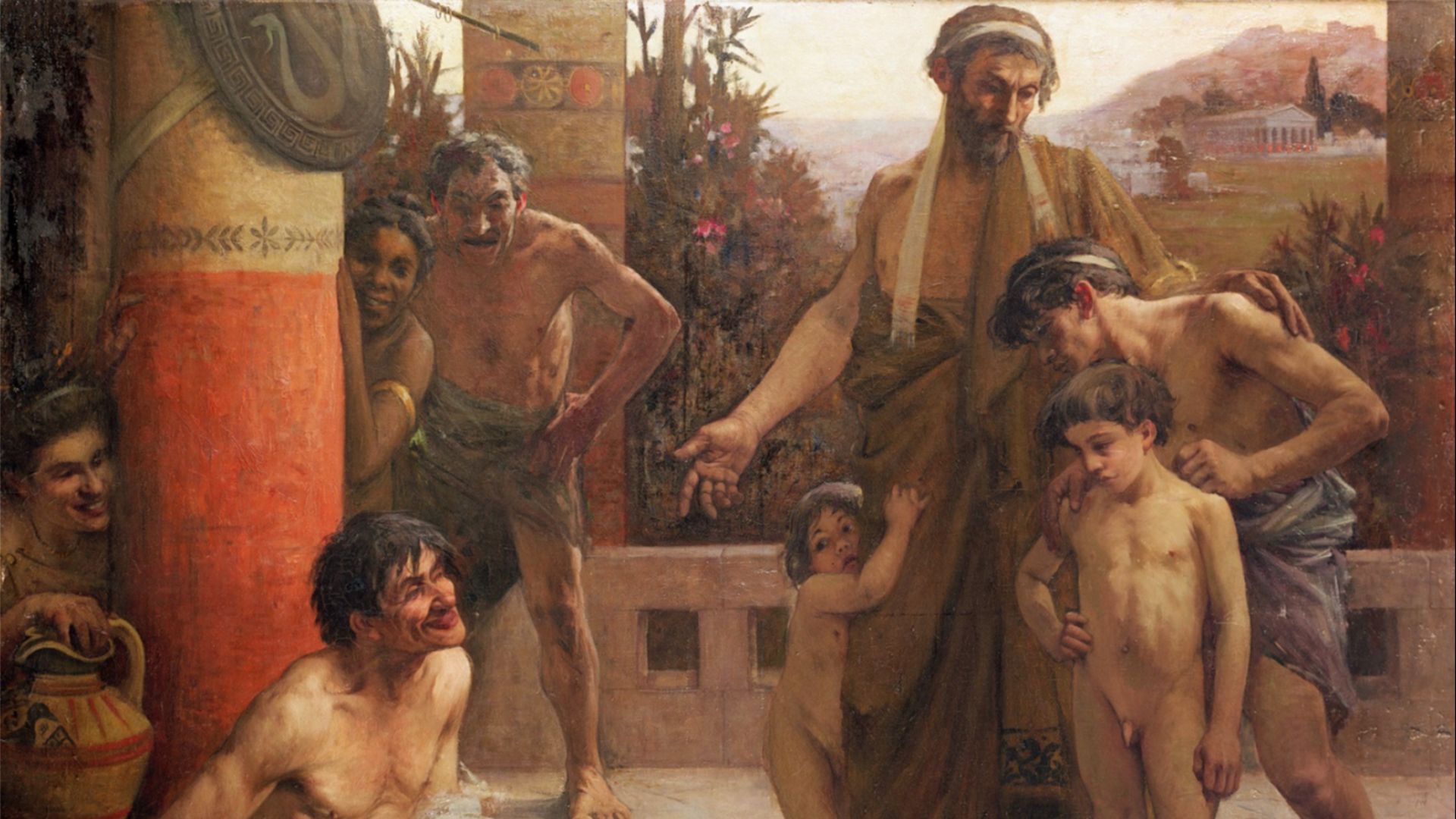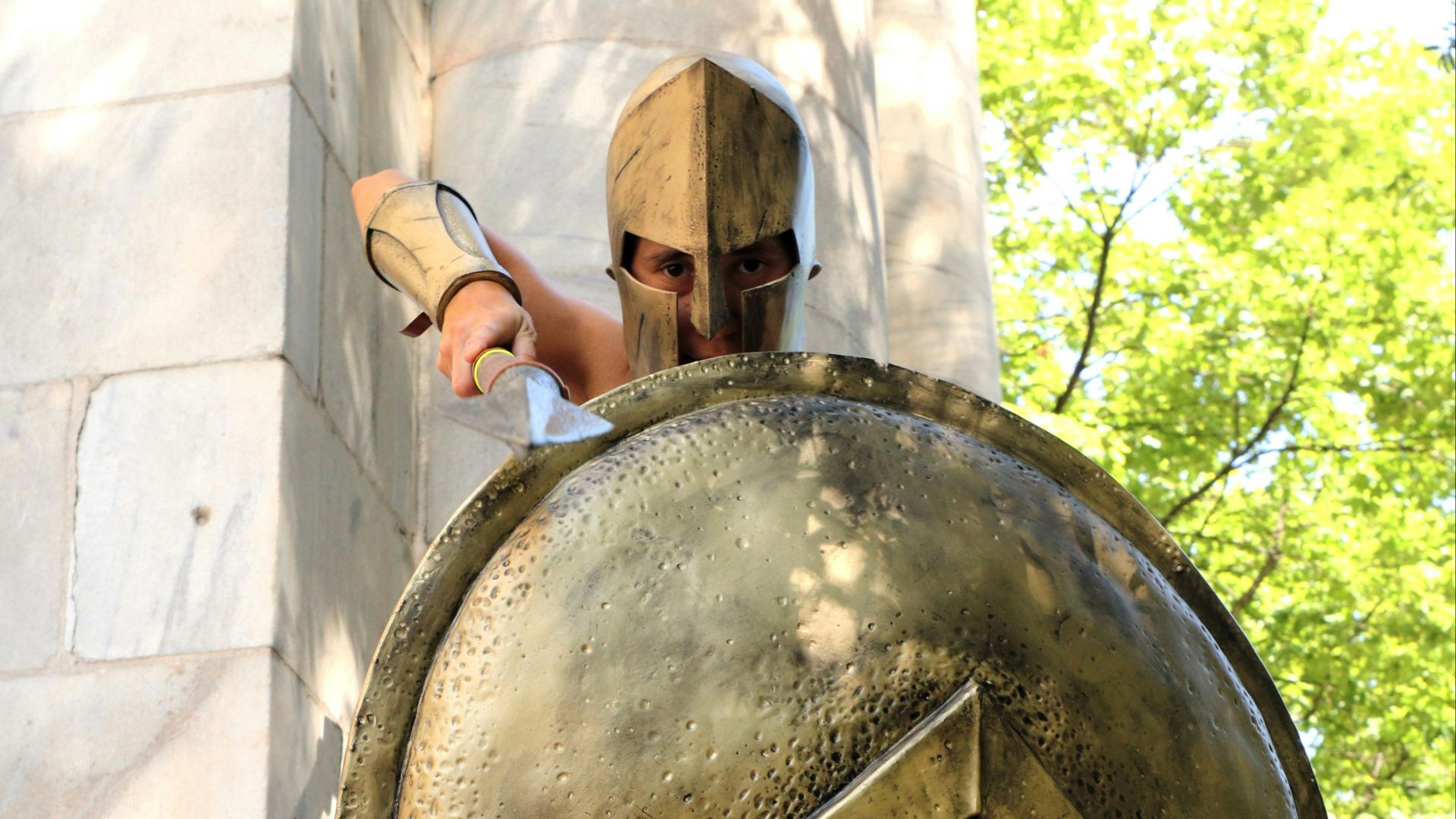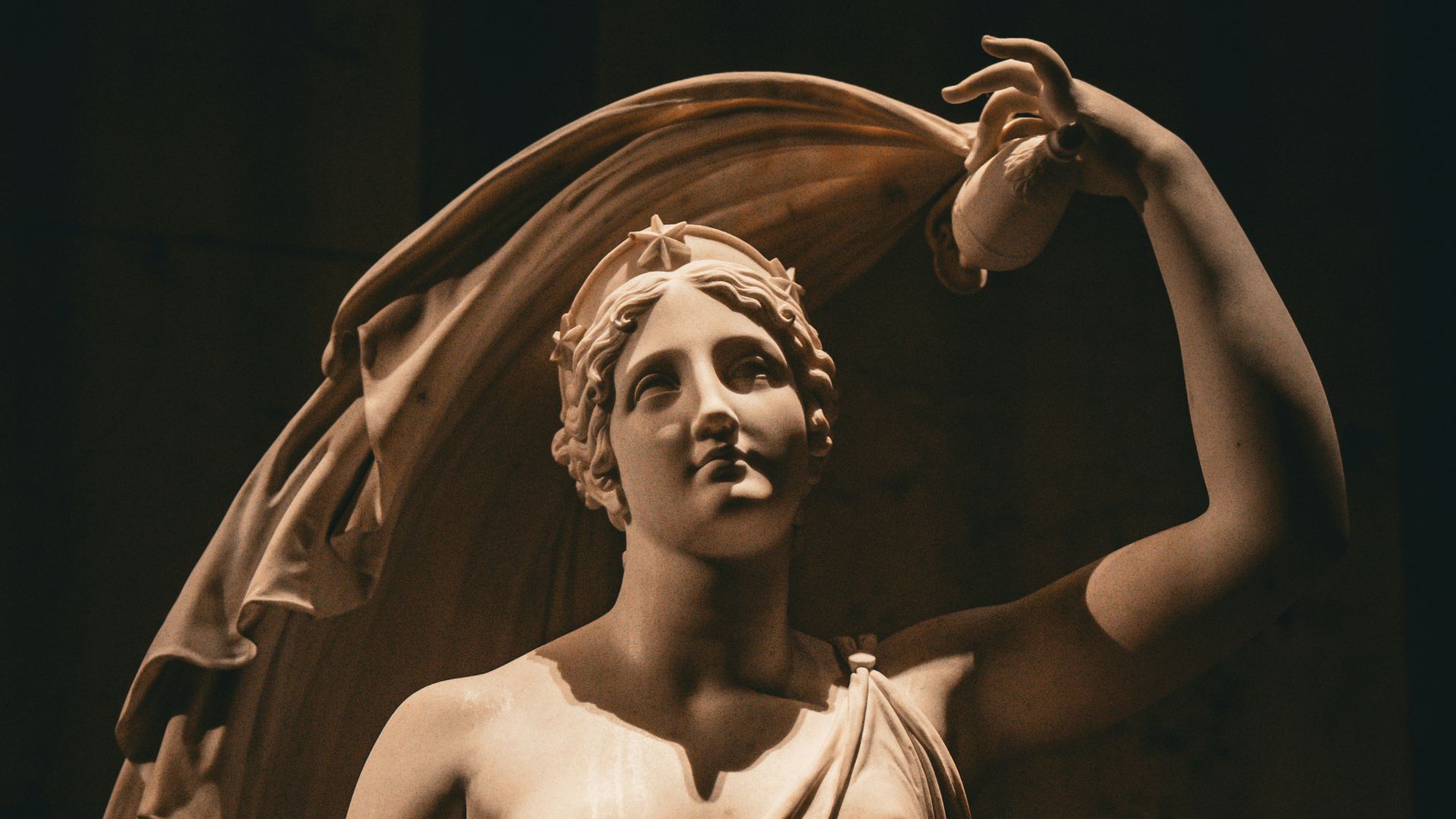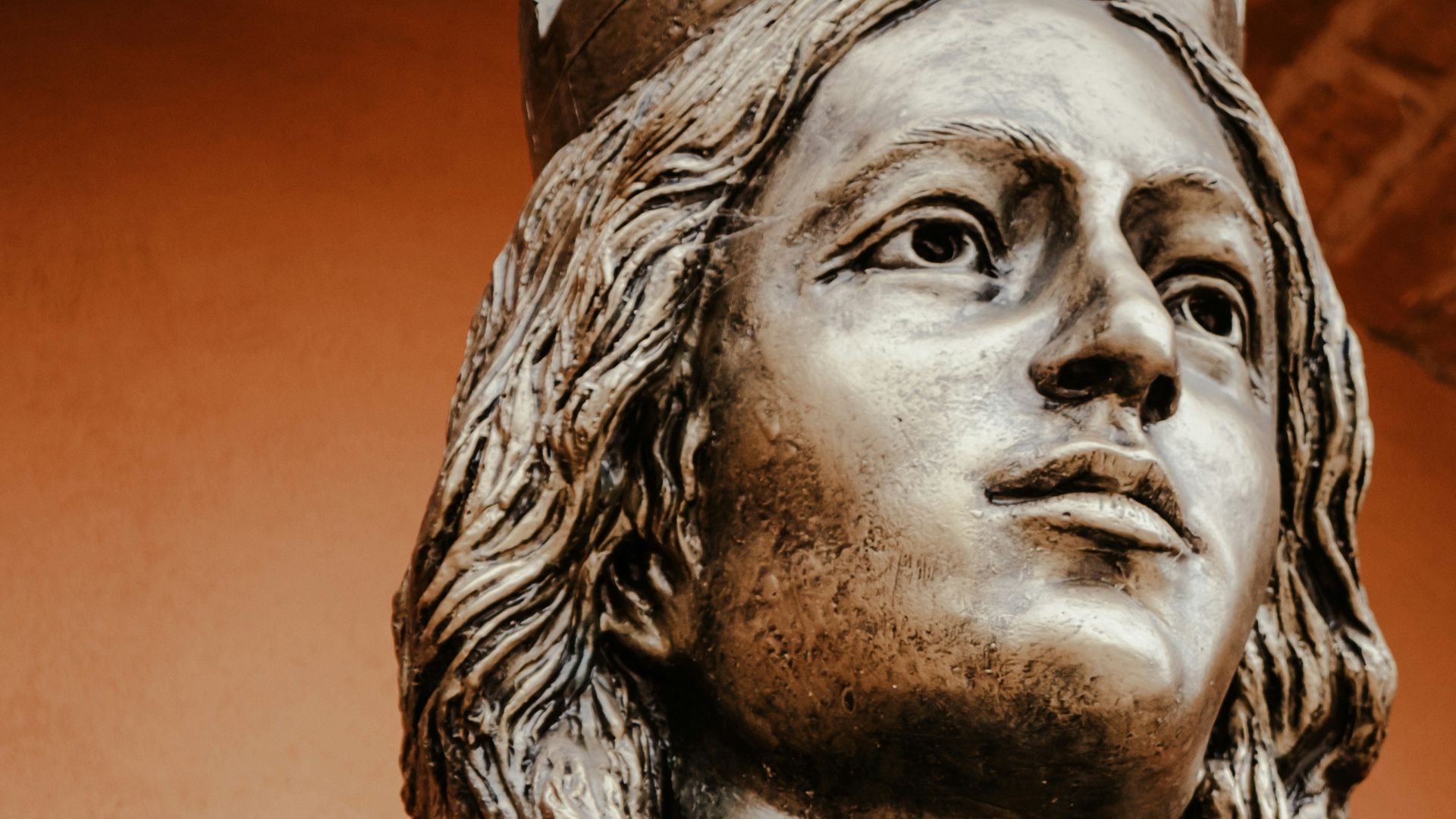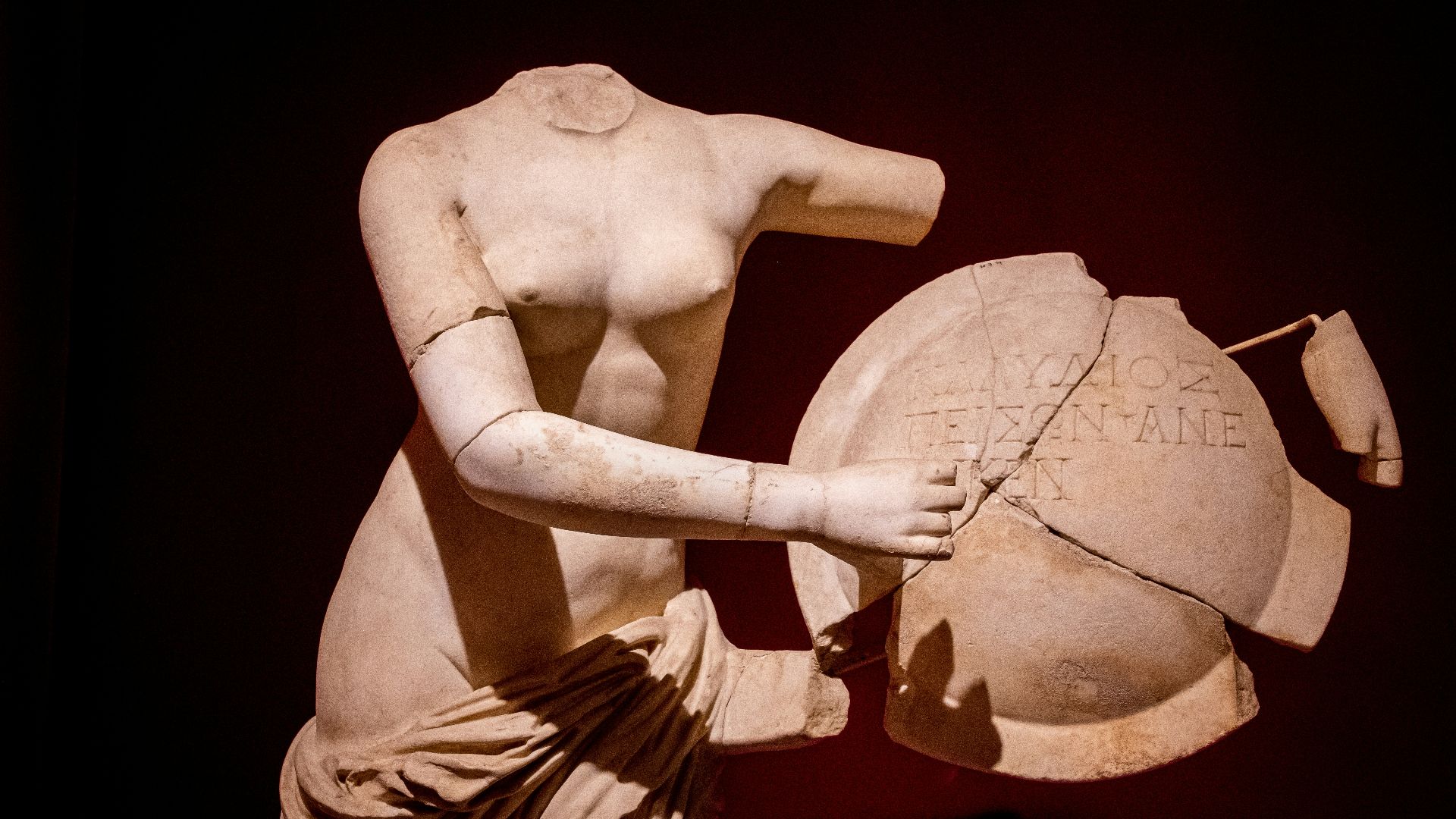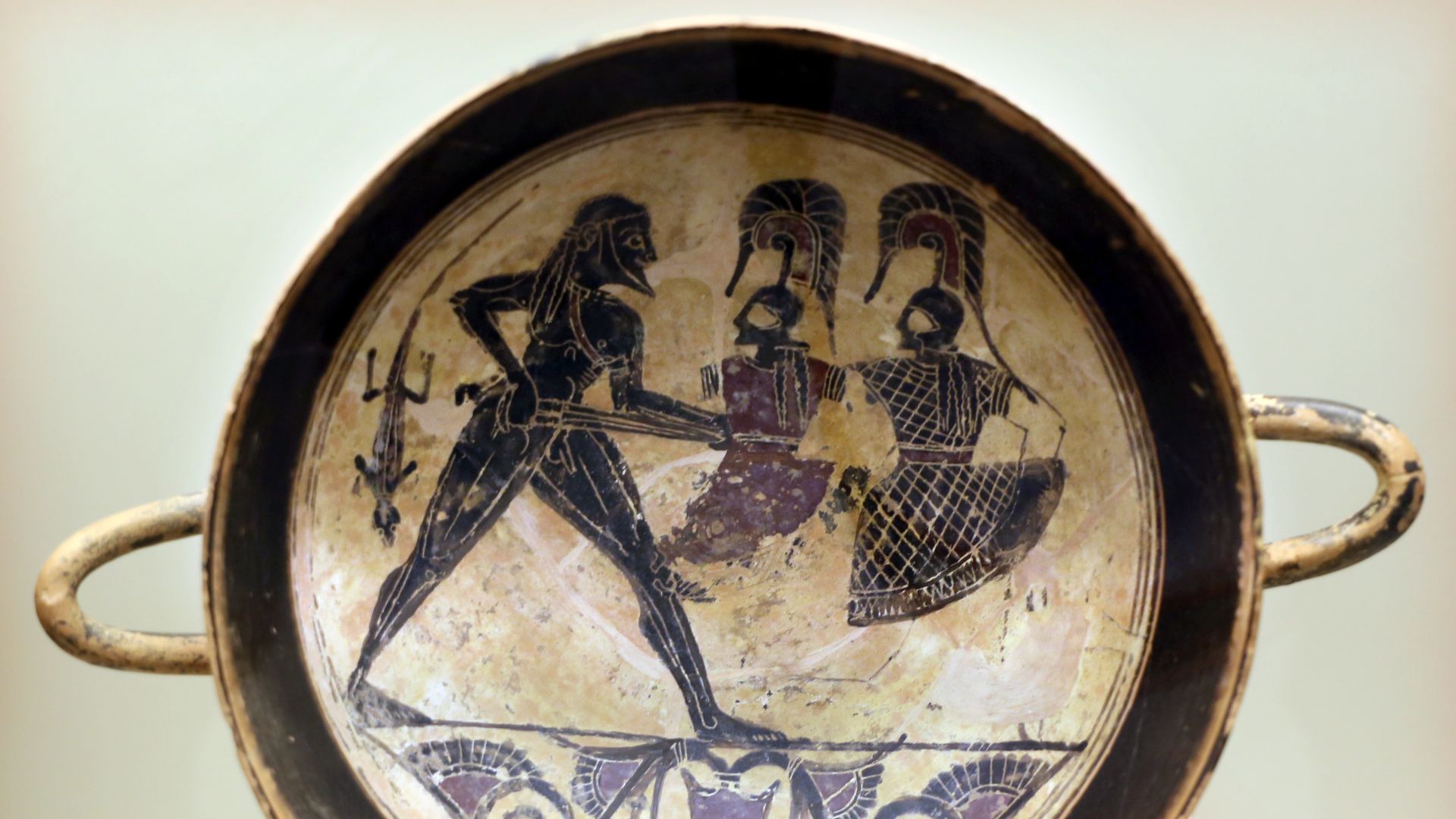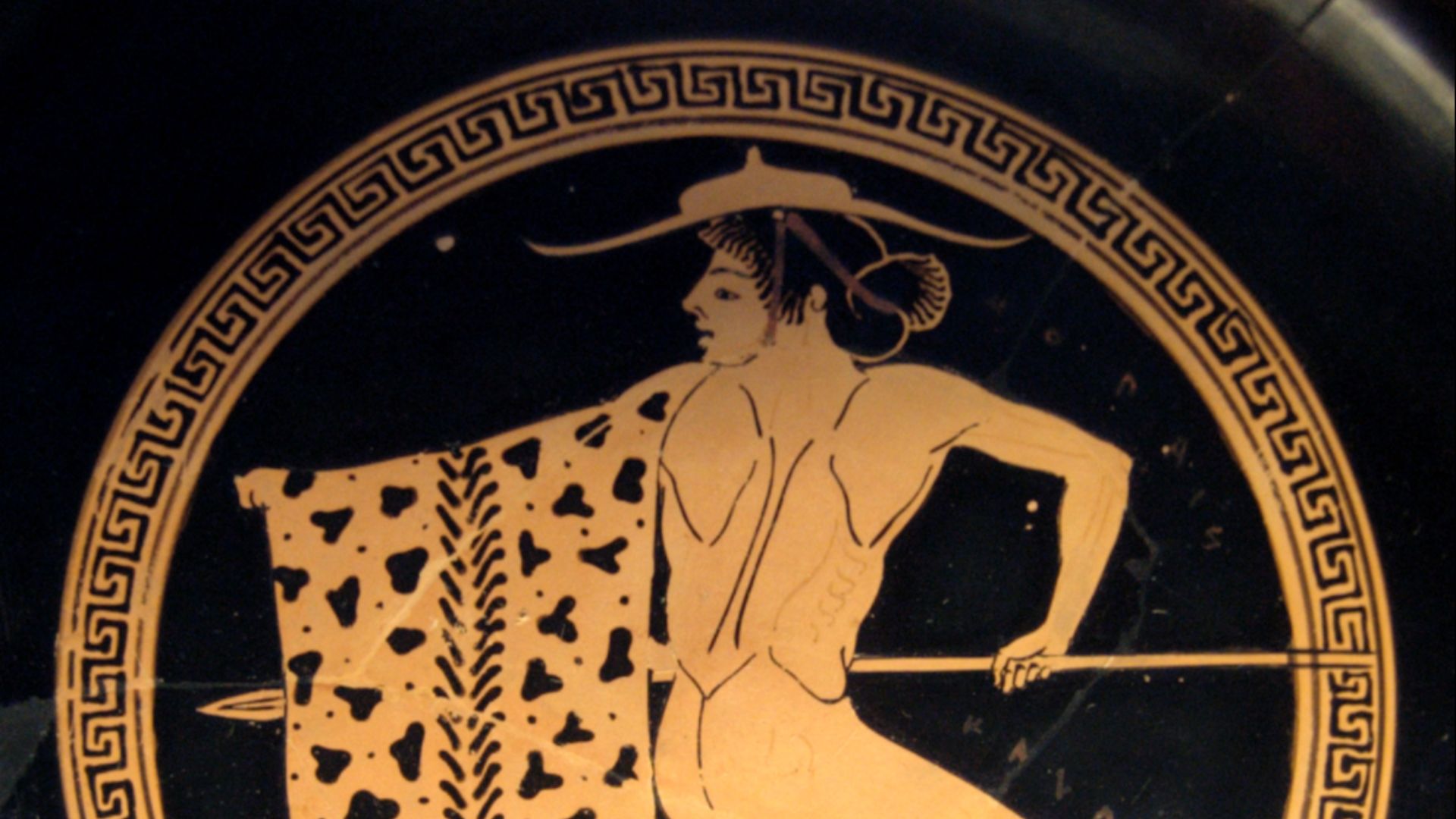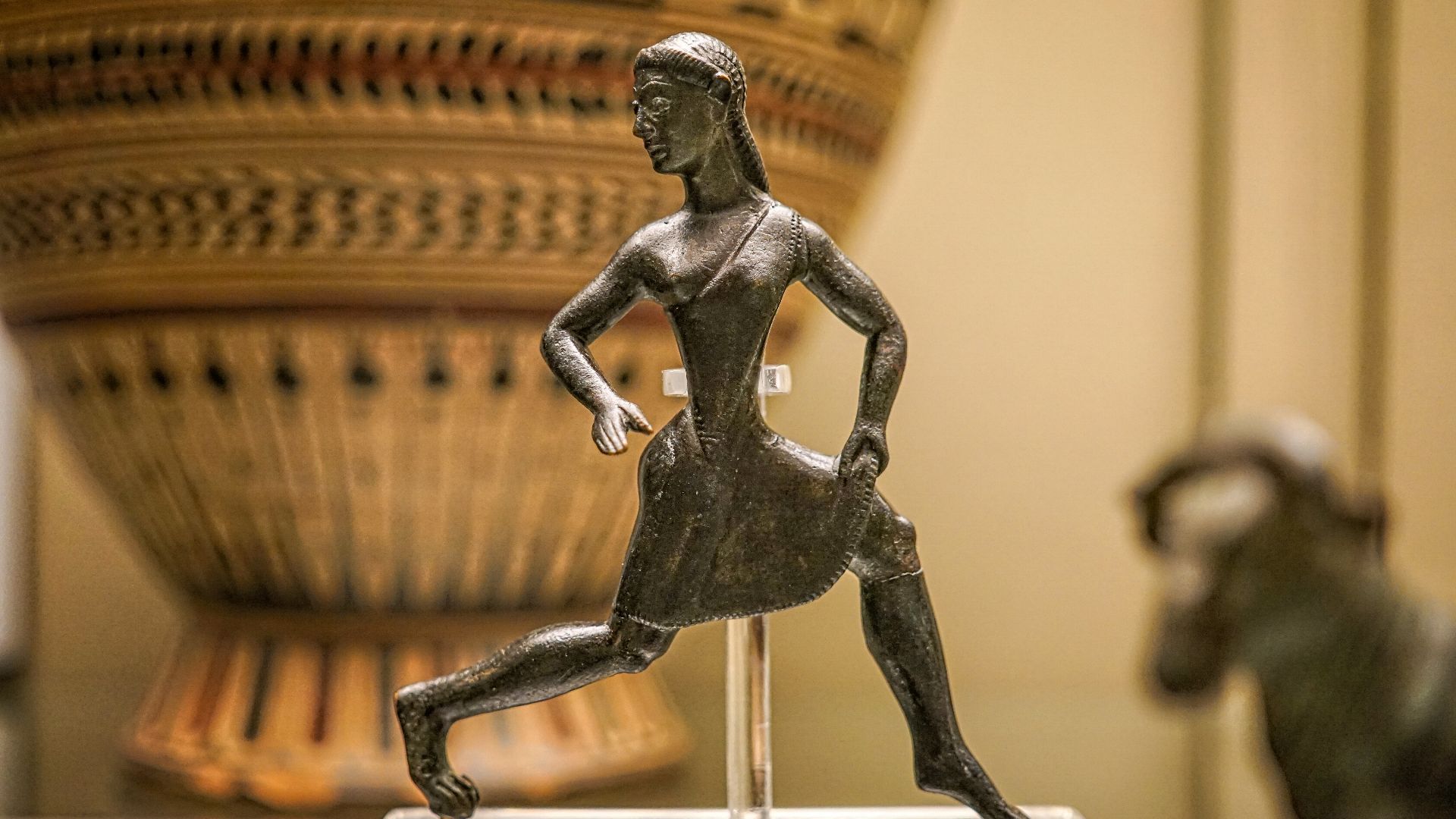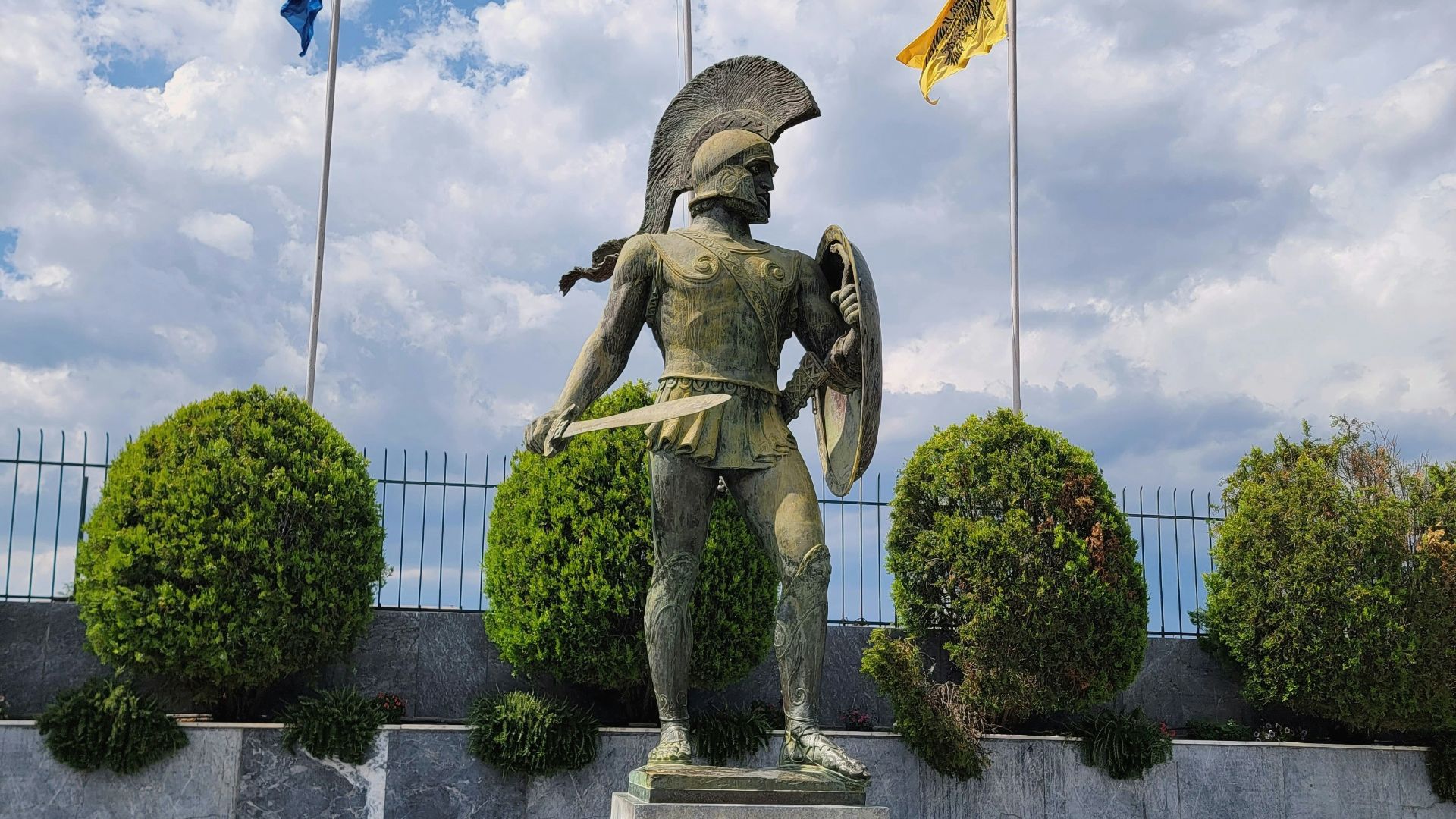Harsh Discipline, Hidden Subtleties
Sparta wasn’t just another city-state tucked into the folds of ancient Greece. It was an experiment—a society built around discipline, loyalty, and a kind of brutal simplicity that fascinates us even today. Their society lacked marble palaces shining in the sun and bustling trade ports pulling in exotic wares. It was a civilization of warriors, fields, and the relentless training of body and spirit. When we talk about Sparta, it’s easy to reduce it to clichés—men in bronze helmets, shields locking together, spears raised against Persia. But what was daily life really like? Here are 20 glimpses into Spartan existence.
1. Boys Taken From Families
At age seven, boys left home for the agoge, Sparta’s brutal education system. There were no hugs goodnight, no mother tucking them in—just a dormitory of other boys, thin blankets, and harsh discipline. Spartan childhood ended early, and adulthood was foisted upon them.
2. The Agoge Training
This coming-of-age ritual wasn’t just push-ups and running. It was learning to steal food without getting caught, to endure whippings silently, and to fight barefoot over rocky ground. Pain was an expected component for everyone who underwent it.
3. Girls Trained Too
Unlike in Athens, Spartan girls exercised, ran races, and even wrestled. Why, might you ask? Spartans believed that strong women bore strong children. Imagine fields filled with young women sprinting while men cheered them on. This may have been a rare sight in the ancient world, but it was completely normal in Sparta.
4. Helots Did the Work
All the unpleasant work—whether it was tending to the fields, the crops, or basic manual labor—was assigned to the helots, an enslaved population mostly made up of conquered Messenians. They outnumbered the Spartans many times over, which made the societal balance fragile.
5. Annual War on Helots
To keep the helots in check, Spartans officially declared war on them every year. This allowed young, burgeoning warriors within Spartan society to practice killing without breaking religious law. This practice demonstrated one of the more unsavory aspects of Spartan society—murder wrapped in ritual and justified as civic duty.
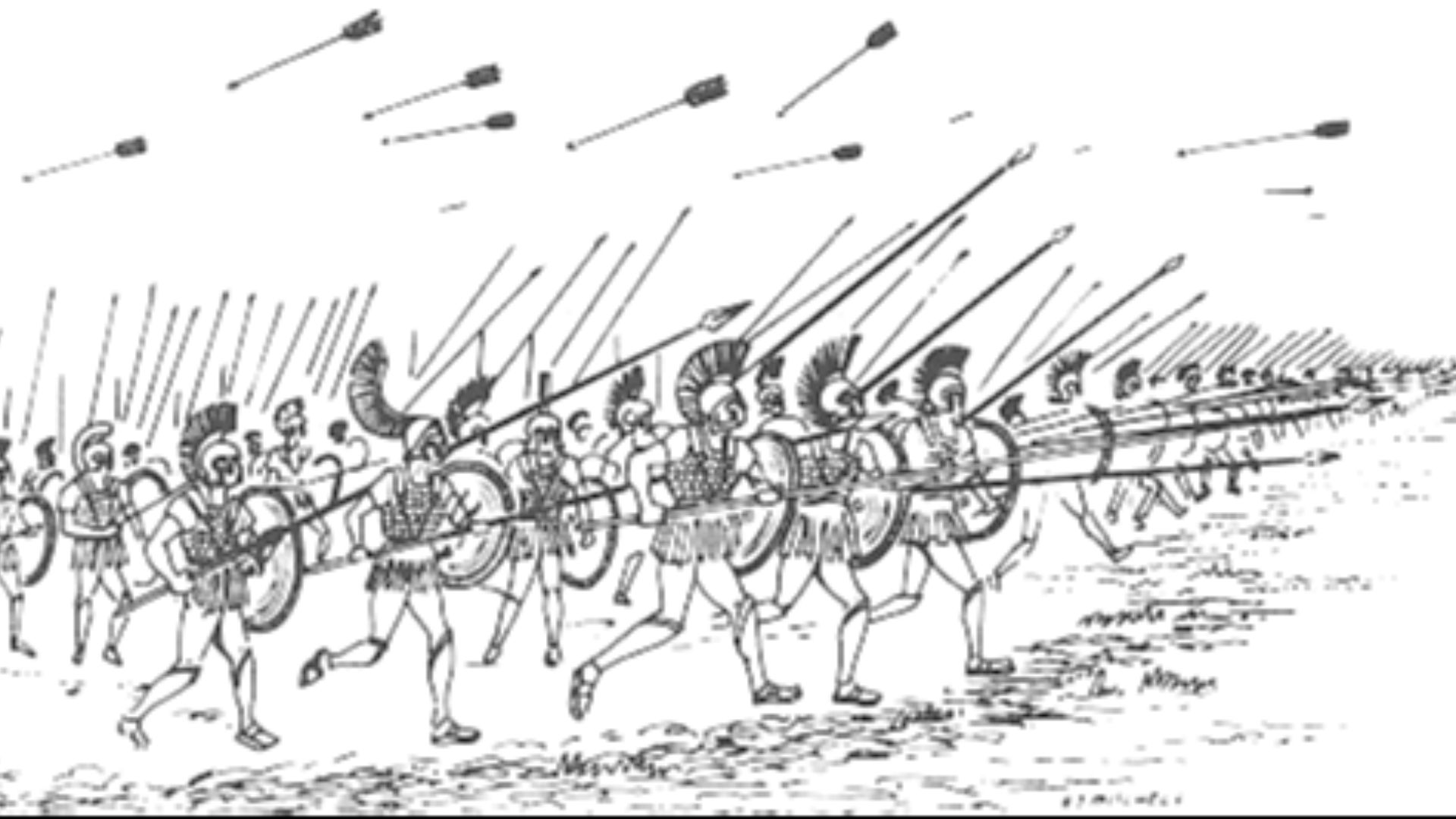 F. Mitchell, Department of History, United States Military Academy on Wikimedia
F. Mitchell, Department of History, United States Military Academy on Wikimedia
6. Spartan Meals Were Grim
Forget banquets of figs and honey—Spartans subsisted on a staple known as black broth, a mix of pork, vinegar, and blood. Foreigners gagged at the sight, and many felt death would be preferable to living on such rations.
7. Marriage by Kidnapping
Courtship in Sparta was bizarre. A man often “abducted” his bride in a staged ritual, then visited her in secret afterward. Sometimes this practice carried on for years, with the man slipping into her house at night and returning to his barracks by dawn. Although they were publicly married, privately they continued the ritual as they adapted to life as husband and wife.
8. Hair Had Meaning
Spartan men grew their hair long once they became warriors. It was a symbol of maturity, strength, and pride. Before battle, they combed and braided it in preparation for the possibility of their own death.
9. Women Owned Land
Unlike many women of the time, Spartan women had property rights. Some owned large estates, managed affairs, and held considerable influence over their society. Greek outsiders mocked this as a society “ruled by women.” While it may not have been ruled by women, it was certainly shaped by their influence.
10. Shields Were Sacred
Before battle, mothers often told sons, “Come back with your shield, or on it.” Dropping your shield in battle wasn’t just cowardice—it endangered everyone in the protective phalanx, leaving a void that could easily be penetrated by a spear or arrow.
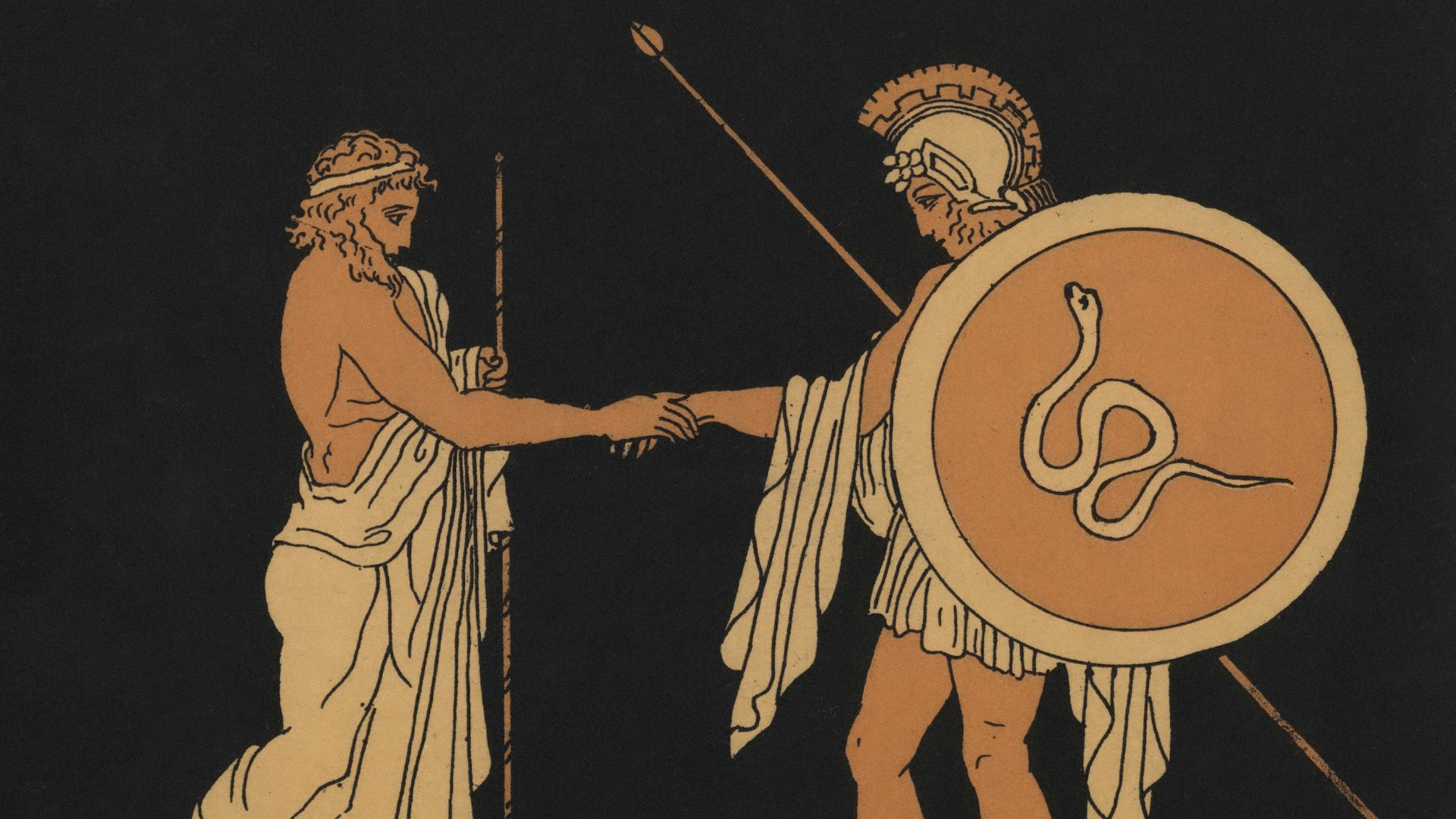 The New York Public Library on Unsplash
The New York Public Library on Unsplash
11. No Walls Around the City
For centuries, Sparta lacked fortification walls. The Spartans believed their soldiers were the only walls they needed. Imagine the swagger, the confidence—or the arrogance—that this philosophy required.
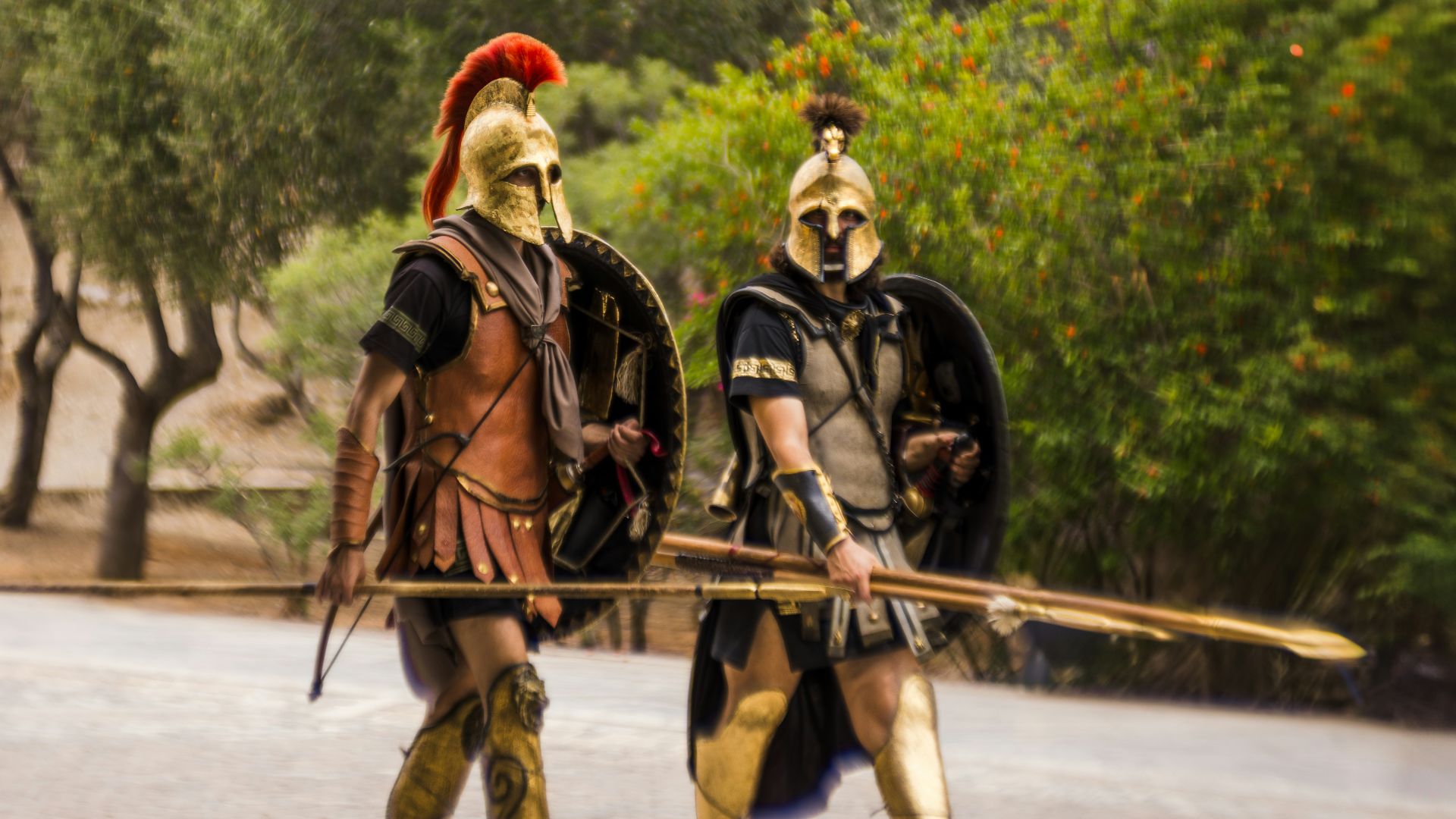 Alexandros Giannakakis on Unsplash
Alexandros Giannakakis on Unsplash
12. Kings Ruled Together
There were always two kings ruling Sparta. One’s domain was military, whereas the other dealt with domestic affairs. Of course, sometimes they clashed, and the system wobbled, but it kept Sparta unique among Greek states.
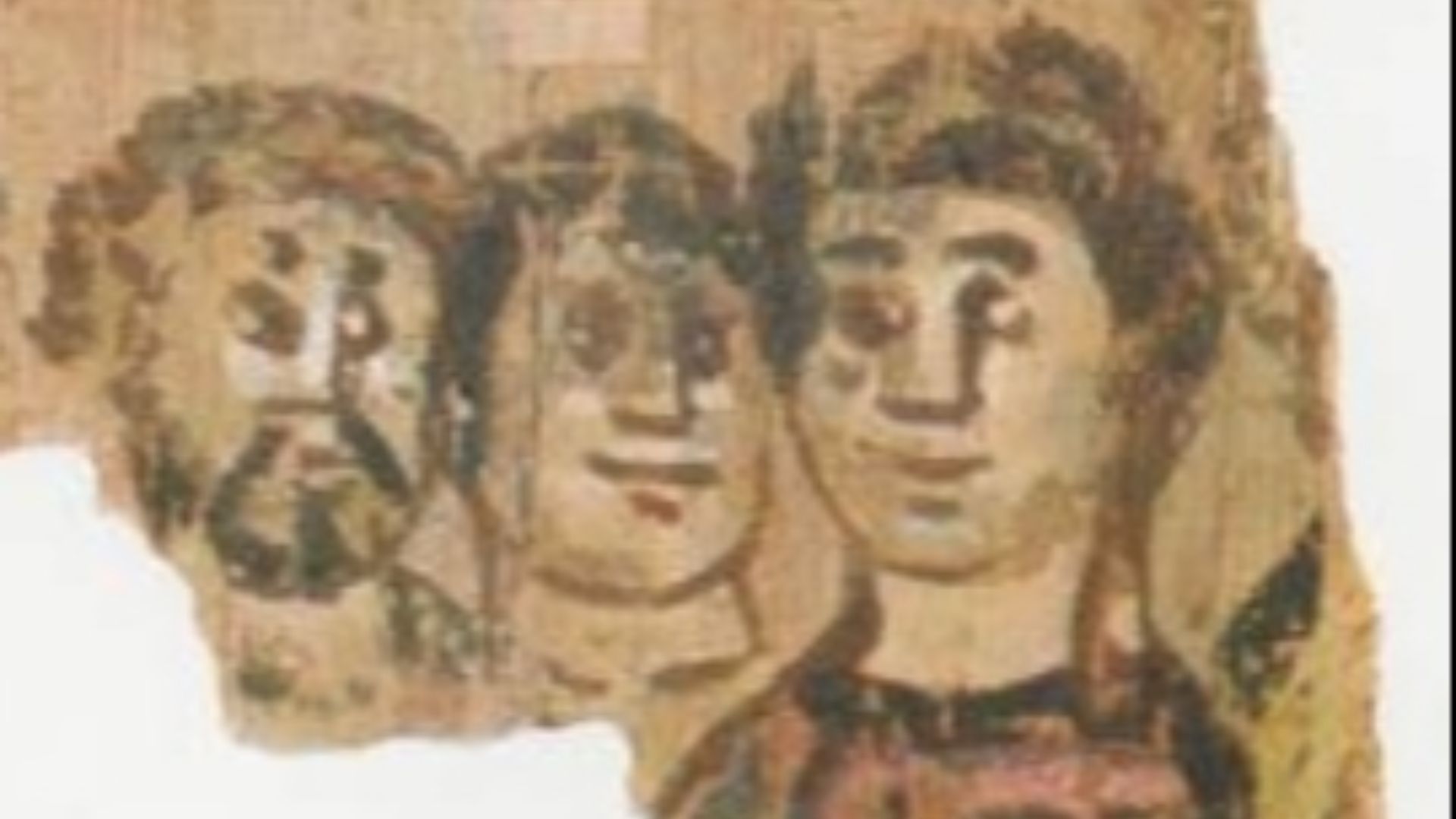 Unknown authorUnknown author on Wikimedia
Unknown authorUnknown author on Wikimedia
13. Music and Poetry Existed
We picture Sparta as humorless warriors, but music and poetry played prominent roles in their lives. They frequently held festivals with choruses singing and men and women chanting in response. Their repertoire included war songs to stir courage and hymns to honor the gods. Their culture may not have been as sophisticated as Athens, but it was distinctive nonetheless.
14. The Krypteia
They were a secret police of sorts, occasionally sent into the countryside to kill troublesome helots. Usually, they operated at night, moving silently about their murderous business. A rite of passage, yes, but also a reminder: violence underpinned every aspect of Spartan society.
15. Spartan Humor Was Sharp
Laconic wit, they called it—short, biting replies. When Philip of Macedon threatened to invade their land, the Spartans answered with one word: “If.” A brazen reply to the father of Alexander the Great.
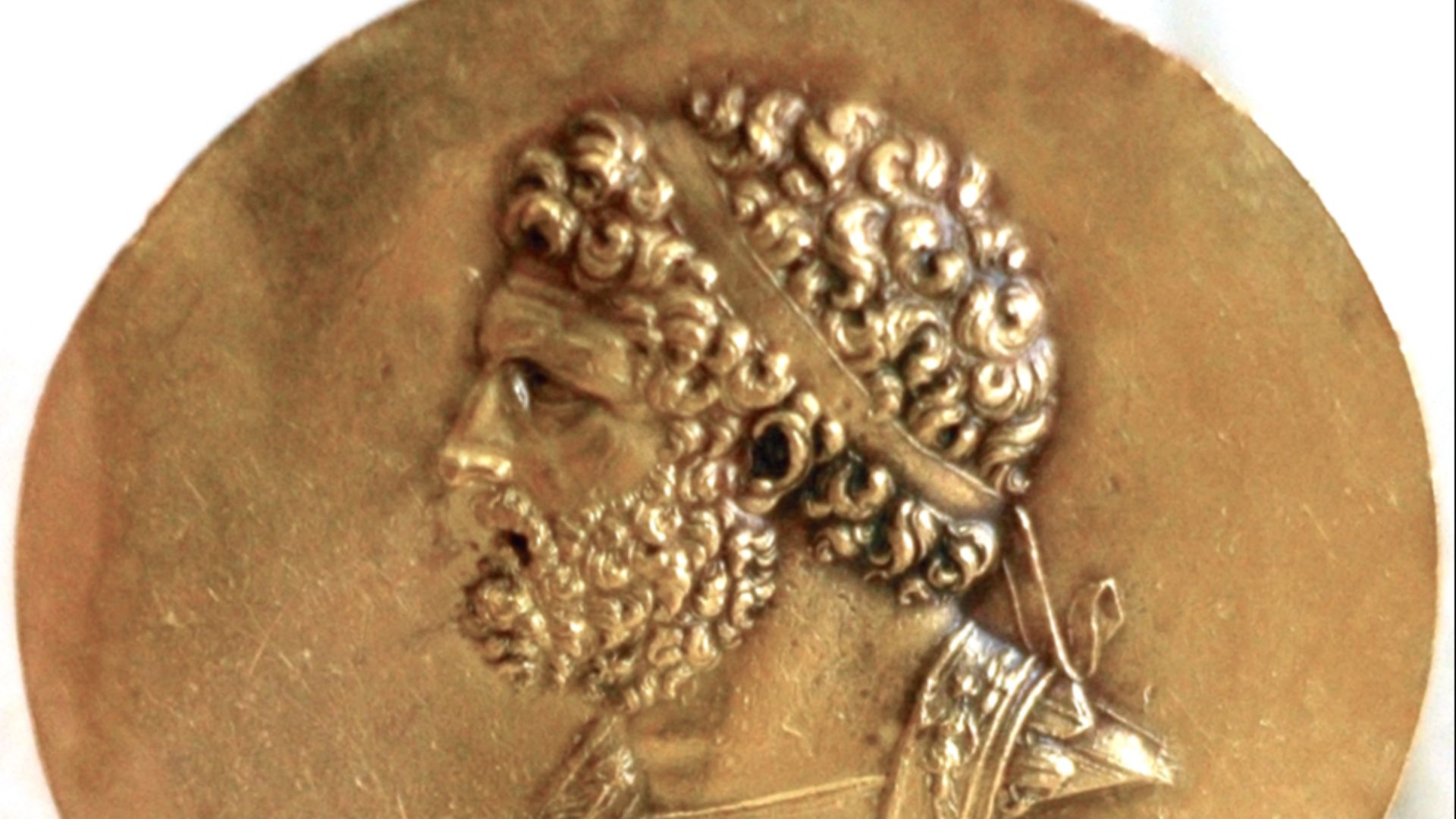 Unknown artistUnknown artist on Wikimedia
Unknown artistUnknown artist on Wikimedia
16. Infants Examined at Birth
Newborns were inspected for weakness. If they were discovered with a crooked leg or a frail body, they were rejected. Some accounts say such infants were left to die at Mount Taygetus, though historians debate how literal that was. Still, the message was clear: strength was the all-prevailing priority for Spartans.
17. Festivals Were Joyful Breaks
Even this harsh society allowed celebration. The Carneia and the Hyacinthia were both festivals with feasting, dancing, and athletic games. They provided a break from discipline and a chance to breathe—even if duty was never truly put aside.
18. Citizens Were Few
Spartiates, the full citizens, were always a minority within Sparta. Over time, their numbers dwindled due to constant war and strict requirements for entry. By later centuries, the Spartan elites were almost ghosts within their society, ruling a population that vastly outnumbered them.
19. Burial Customs Were Simple
There were no grand tombs or gold masks reserved for Spartan heroes. Spartan graves were plain and unmarked, except for warriors who died in battle and women who died in childbirth. Their society was as stark in death as it was in life.
 bruno neurath-wilson on Unsplash
bruno neurath-wilson on Unsplash
20. Sparta Eventually Declined
For all their discipline, Sparta couldn’t hold onto prominence forever. As wealth crept in, Spartan discipline began to erode, and their population shrank. By the time of the Romans, Sparta was more tourist attraction than powerhouse. Travelers came to gawk at the strange customs of a city that once terrified the world.
KEEP ON READING

The 10 Most Important English Authors & Their 10 Most…
Famous Pens, Less Famous Pages. There are a few names…
By Ashley Bast Dec 31, 2025
America's Dark Past: The 20 Most Famous Criminal Cases In…
Crimes That Shook The Nation. Some crimes leave a deeper…
By Chase Wexler Dec 23, 2025
The 20 Most Influential Female Writers Throughout History
Revolutionary Page Turners. Literature wouldn't exist as we know it…
By Chase Wexler Dec 23, 2025
20 Historical Figures Who Became Martyrs for Their Cause
When Belief Becomes a Final Stand. Martyrdom transforms death into…
By Cameron Dick Dec 31, 2025
The Deadliest Shipwreck In History Was So Much Worse Than…
Kosov vladimir 09071967 on WikimediaBased on the reverence the Titanic…
By Ashley Bast Dec 30, 2025
20 TV Shows That Made History and Broke Barriers
Survivor Reshaped The Television Landscape. Television has continually evolved, but only…
By Rob Shapiro Dec 31, 2025

